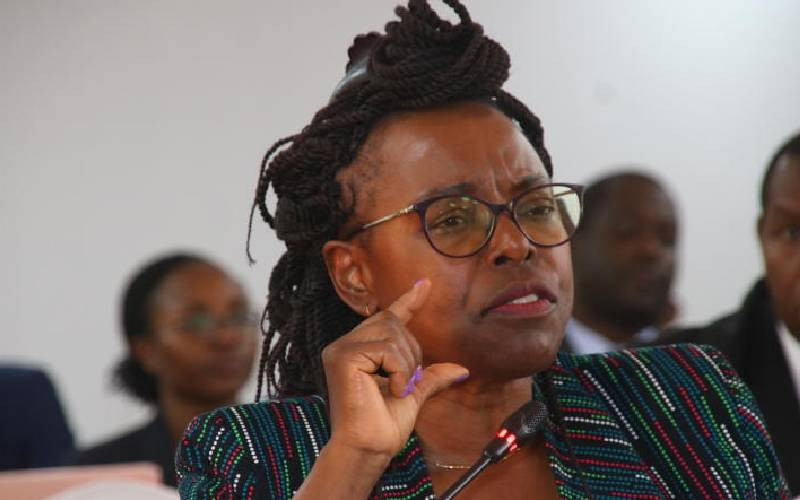×
The Standard e-Paper
Fearless, Trusted News

Financial experts and the Controller of Budget have warned against increasing taxation on workers as this may push more households into poverty.
This they say, will lead to an economic crisis because people will prefer to use public transport instead of their private cars, and will cut expenditures on items they can survive without. Making a case that lowering taxes can stimulate economic growth, they argue that over-taxation will stifle economic growth and discourage investment and innovation.